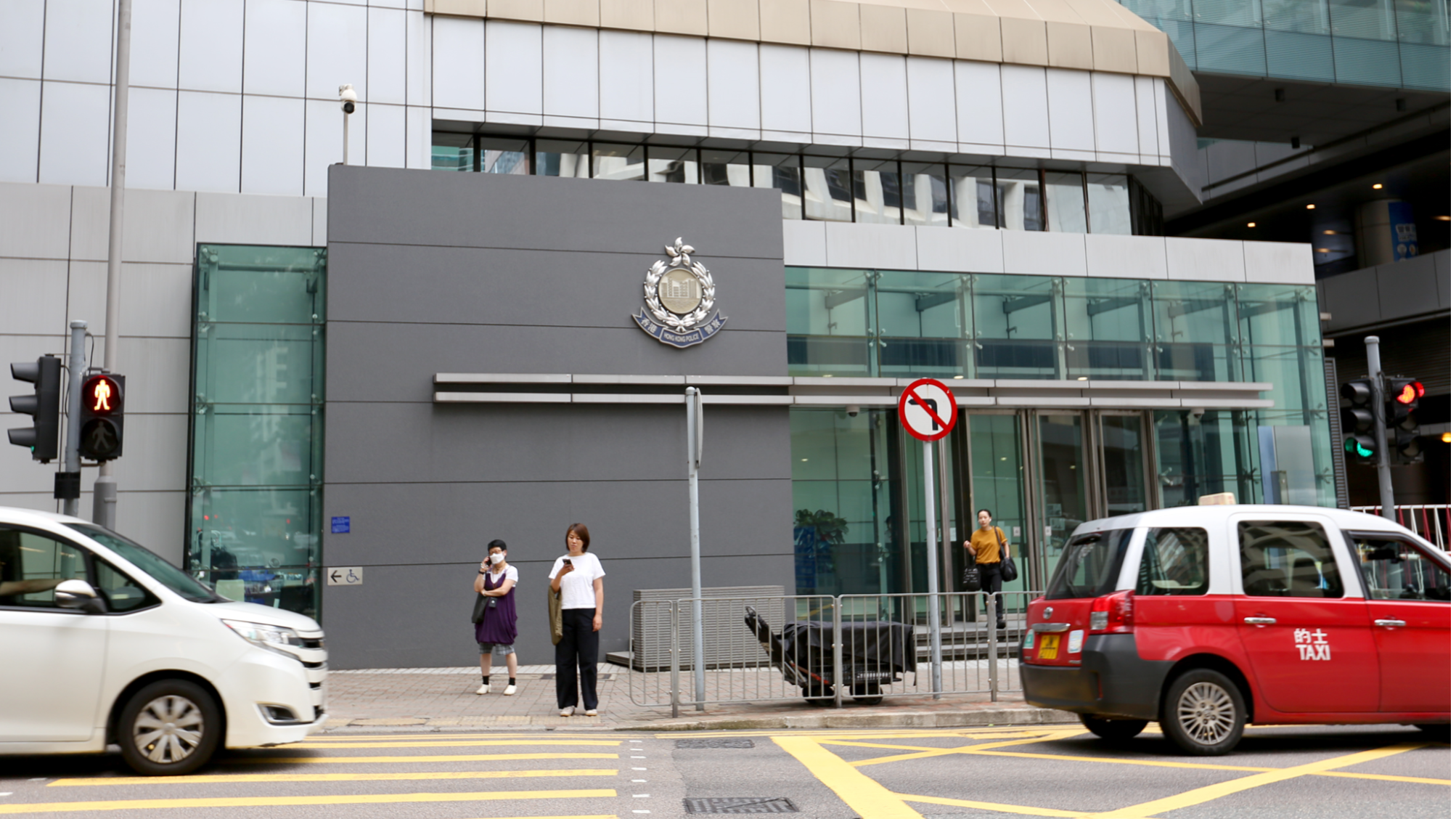
The Hong Kong government plans to combat phone scams by allowing each person to register only three pre-paid SIM cards per telecom carrier, and introducing new offenses targeting improper use of SIM cards.
The development came as the city logged 2,574 phone scams from January to May – a nearly 20-percent increase compared to the same period last year.
On Monday, during the Legislative Council (LegCo)’s Panel on Information Technology and Broadcasting, government officials said that 90 percent of identification documents used for SIM card real-name registration have been registered to one to three cards, according to statistics from telecom companies.
READ MORE: Losses from phone fraud in HK soar with more mainland student victims
Starting February, 2023, all SIM cards issued and used locally must complete real-name registration before service activation, to ensure the integrity of telecommunications services and the security of communications networks.
The authorities believe that lowering the upper limit from 10 to three will help minimize the use of pre-paid SIM cards for illegal activities.
Currently, there is no registration limit for SIM cards with monthly service plans.
The authorities have also proposed establishing new offenses to criminalize the improper use of SIM cards. These include providing or soliciting the provision of personal information to register another person’s SIM card, selling registered SIM cards, and possessing 10 or more SIM cards without reasonable cause.
The proposal suggests adopting the current maximum penalty under the Telecommunications Ordinance (Cap. 106), which is a fine of up to HK$25,000 ($3,185) or 12 months in jail.
The amendments are expected to be submitted to the Legislative Council of the Hong Kong Special Administrative Region in 2026, the authorities said.
The proposals join the city’s other moves to fight against phone scams. Since September 2022, police and major telecommunications providers have established a system that allows carriers to swiftly intercept telephone numbers and web page links suspected of being used for fraudulent activities, based on records provided by the police.
As of late May, over 50,000 websites and about 9,000 phone numbers had been successfully intercepted, according to government data.
From Dec 28, 2023, the SMS Sender Registration Scheme came into effect, with all senders participating in the program - including major banks and government departments - adding a hashtag prefix to their communications in order to set them apart from fraudsters.
Students from the Chinese mainland are among the groups most vulnerable to phone scams.
During the first five months of this year, the Hong Kong Police Force recorded 49 phone scams involving mainland students, with losses reaching HK$44 million, according to a recent police press conference.
READ MORE: HK enhances response to telecom fraud abductions in SE Asia
There has been a declining number of fraud cases, proving the effectiveness of the city’s anti-fraud measures and publicity, but high-loss cases involving mainland students remain an issue.
According to police, a case in April this year involved a mainland student who was deceived by scammers pretending to be government officials via telephone communications. The victim made multiple transfers over three months, resulting in a cumulative loss of more than HK$10 million.
Police said they will continue to beef up anti-scam publicity and cooperate with multiple sectors to crack down on fraudsters.
Contact the writer at atlasshao@chinadailyhk.com


